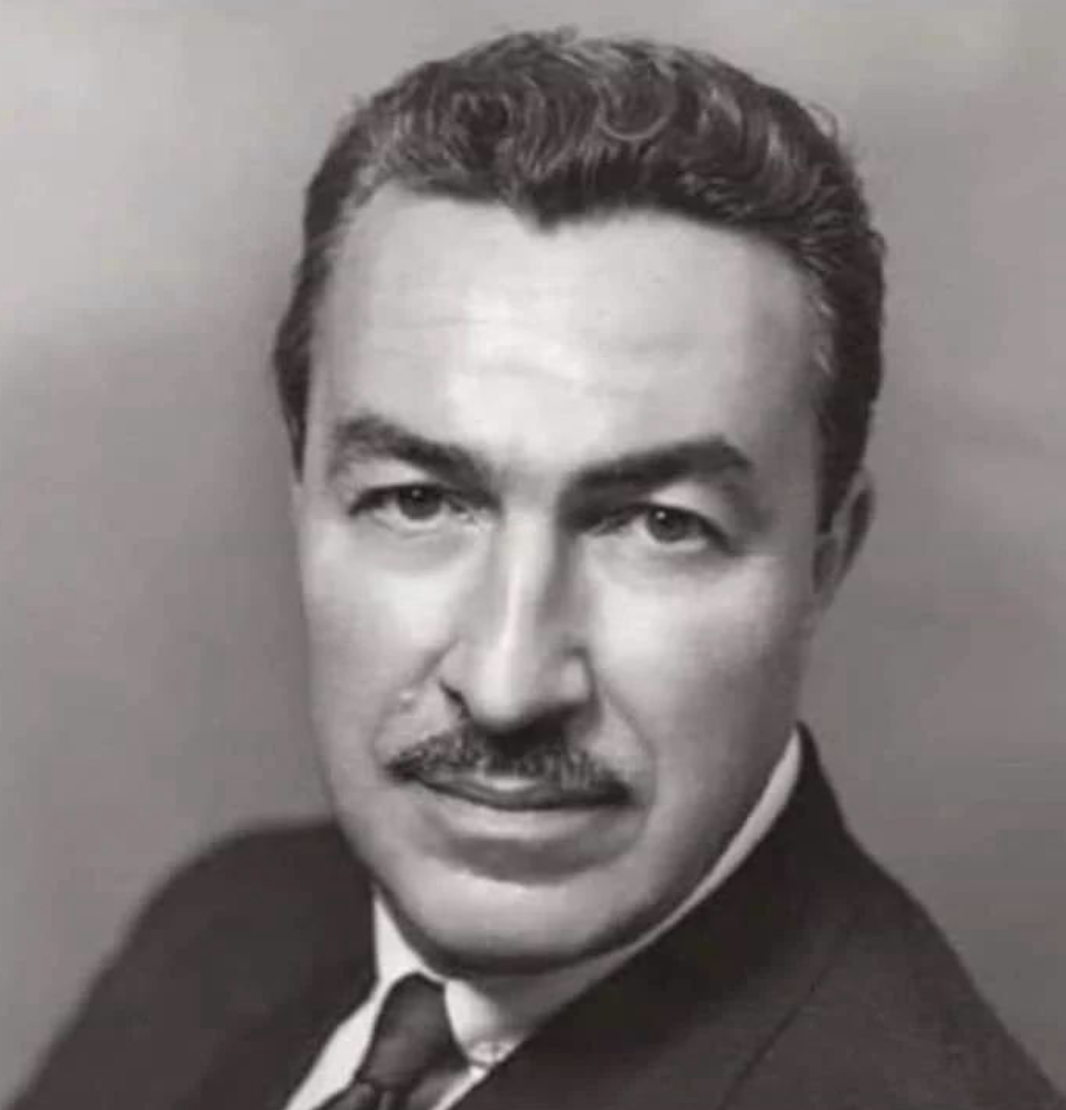Adam Clayton Powell Jr. (November 29, 1908 – April 4, 1972) was a Baptist pastor and an American politician, who represented Harlem, New York City, in the United States House of Representatives (1945–71). He was the first person of African-American descent to be elected from New York to Congress. Oscar Stanton De Priest of Illinois was the first black person to be elected to Congress in the 20th century; Powell was the fourth.
Re-elected for nearly three decades, Powell became a powerful national politician of the Democratic Party, and served as a national spokesman on civil rights and social issues. He also urged United States presidents to support emerging nations in Africa and Asia as they gained independence after colonialism. In 1961, after 16 years in the House, Powell became chairman of the Education and Labor Committee, the most powerful position held by an African American in Congress. As Chairman, he supported the passage of important social and civil rights legislation under presidents John F. Kennedy and Lyndon B. Johnson. Following allegations of corruption, in 1967 Powell was excluded from his seat by Democratic
Representatives-elect of the 90th Congress, but he was re-elected and regained the seat in the 1969 United States Supreme Court ruling in Powell v. McCormack. He lost his seat in 1970 to Charles Rangel and retired from electoral politics. Powell was born in 1908 in New Haven, Connecticut, the second child and only son of Adam Clayton Powell Sr. and Mattie Buster Shaffer, both born poor in Virginia and West Virginia, respectively. His sister Blanche was 10 years older. His parents were of mixed race with African and European ancestry (and, according to his father, American Indian on his mother’s side). (In his autobiography “Adam By Adam,” Powell states specifically that his mother was of German descent.) They and their ancestors were classified as mulatto in 19th-century censuses. Powell’s paternal grandmother’s ancestors had been free persons of color for generations before the Civil War. By 1908, Powell Sr. had become a prominent Baptist minister, serving as a pastor in Philadelphia, and being called as the lead pastor at a Baptist church.
Written by Dianne Washington

